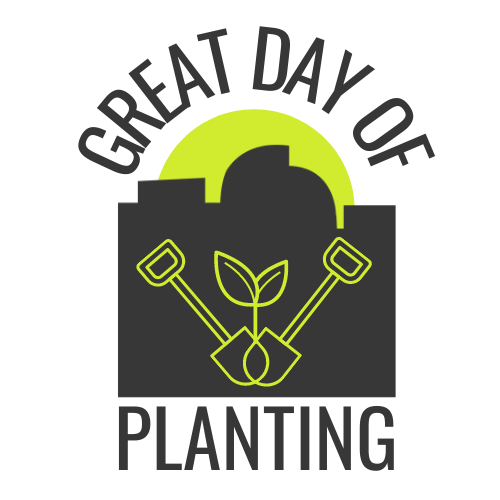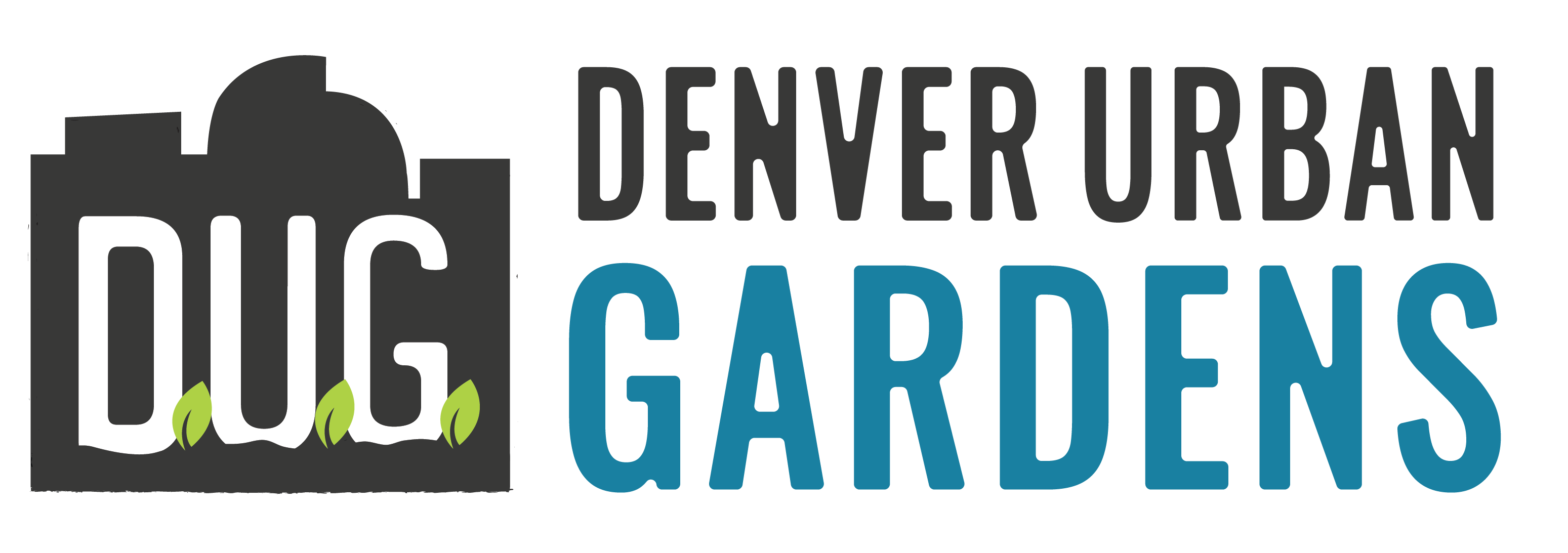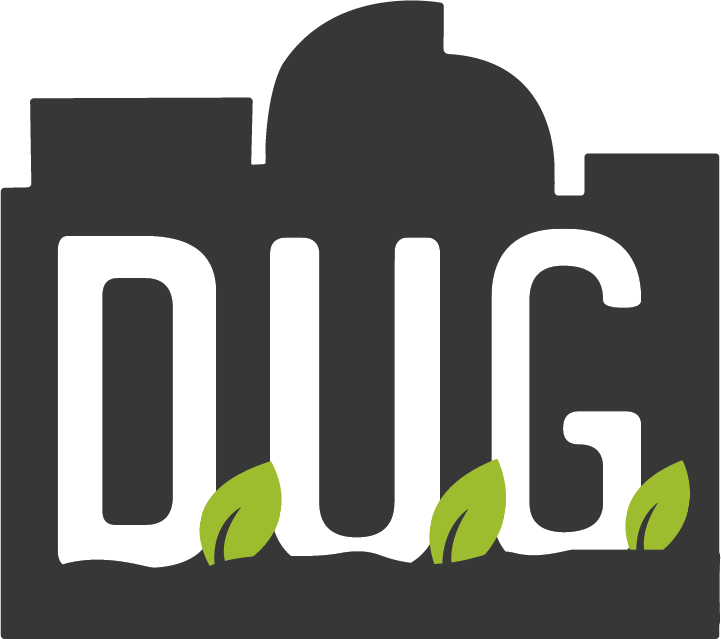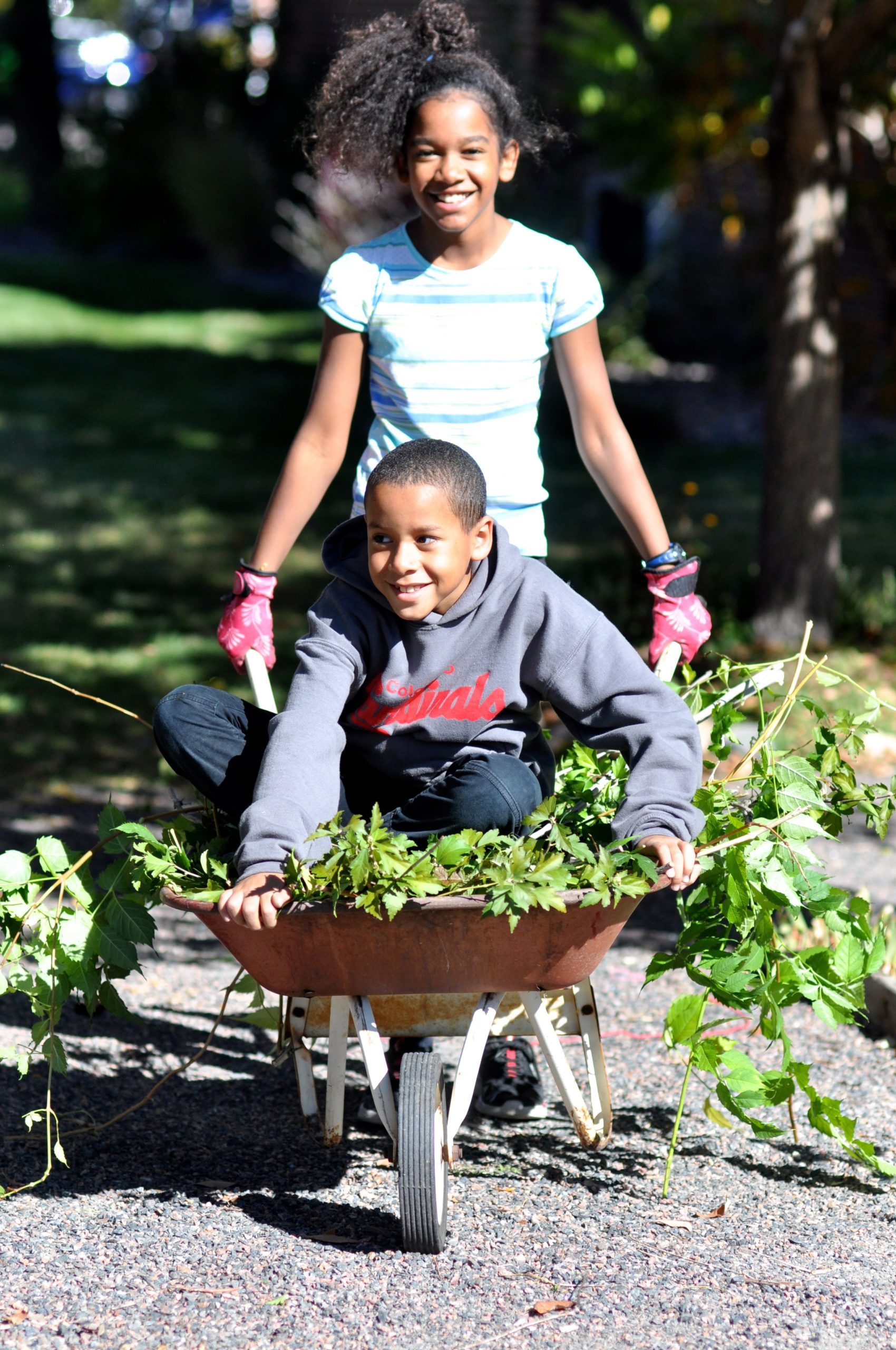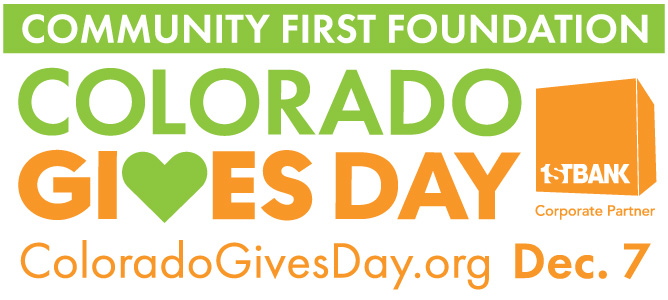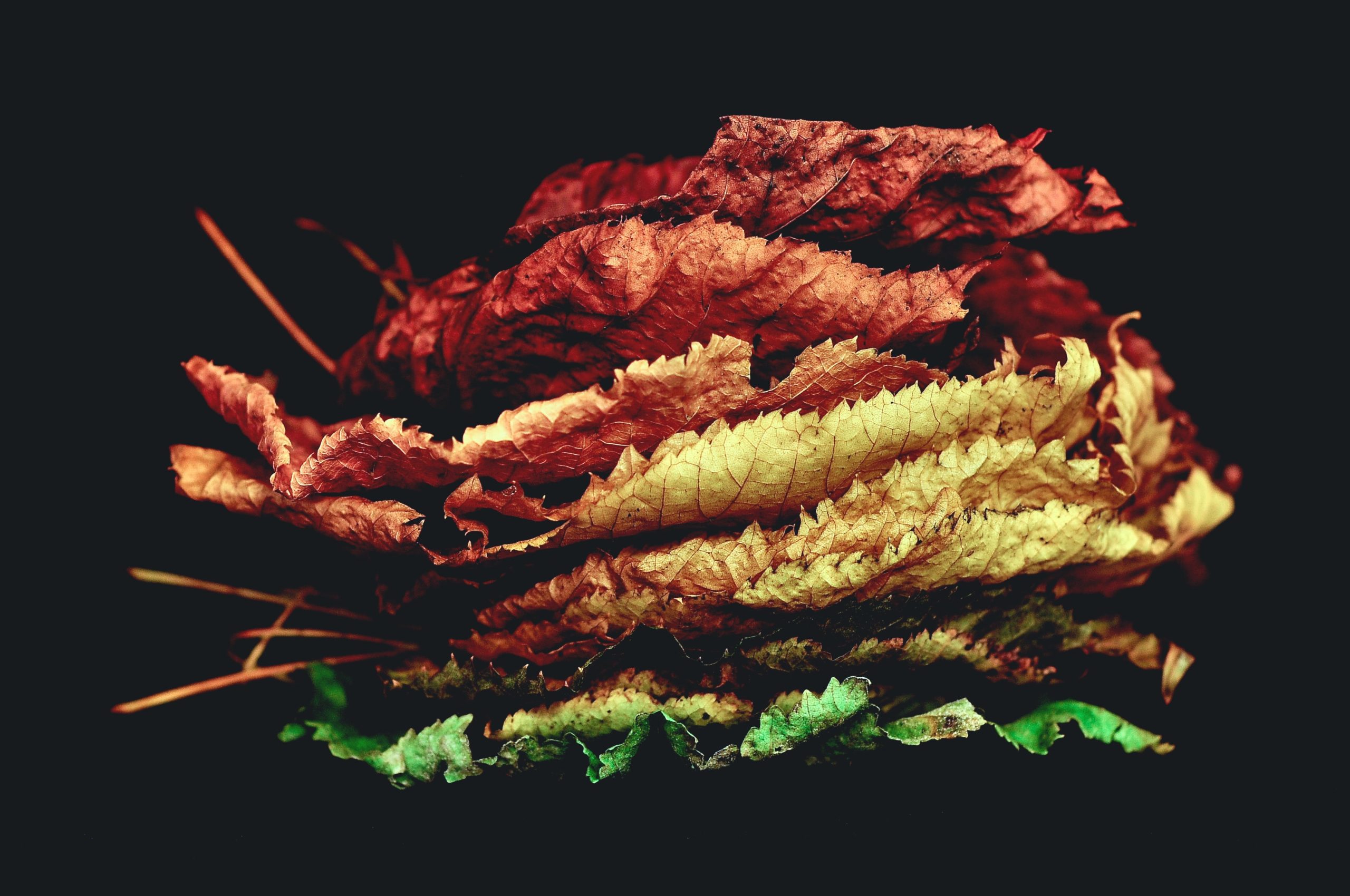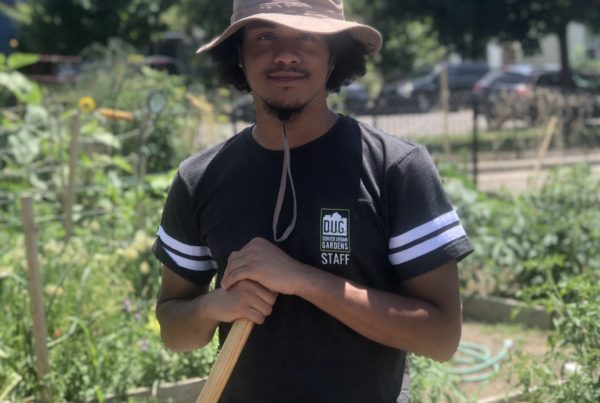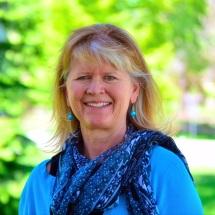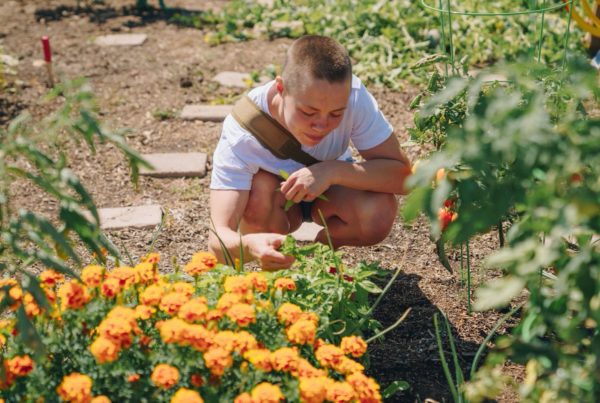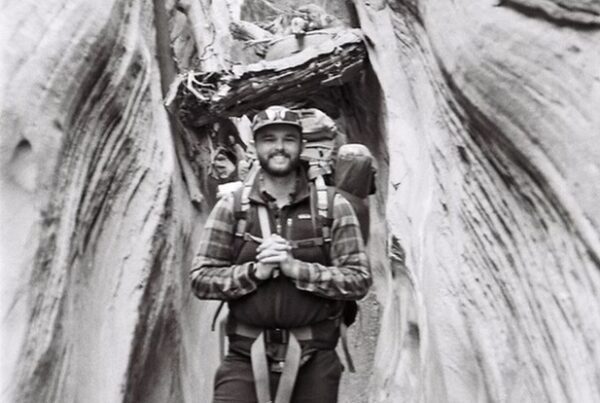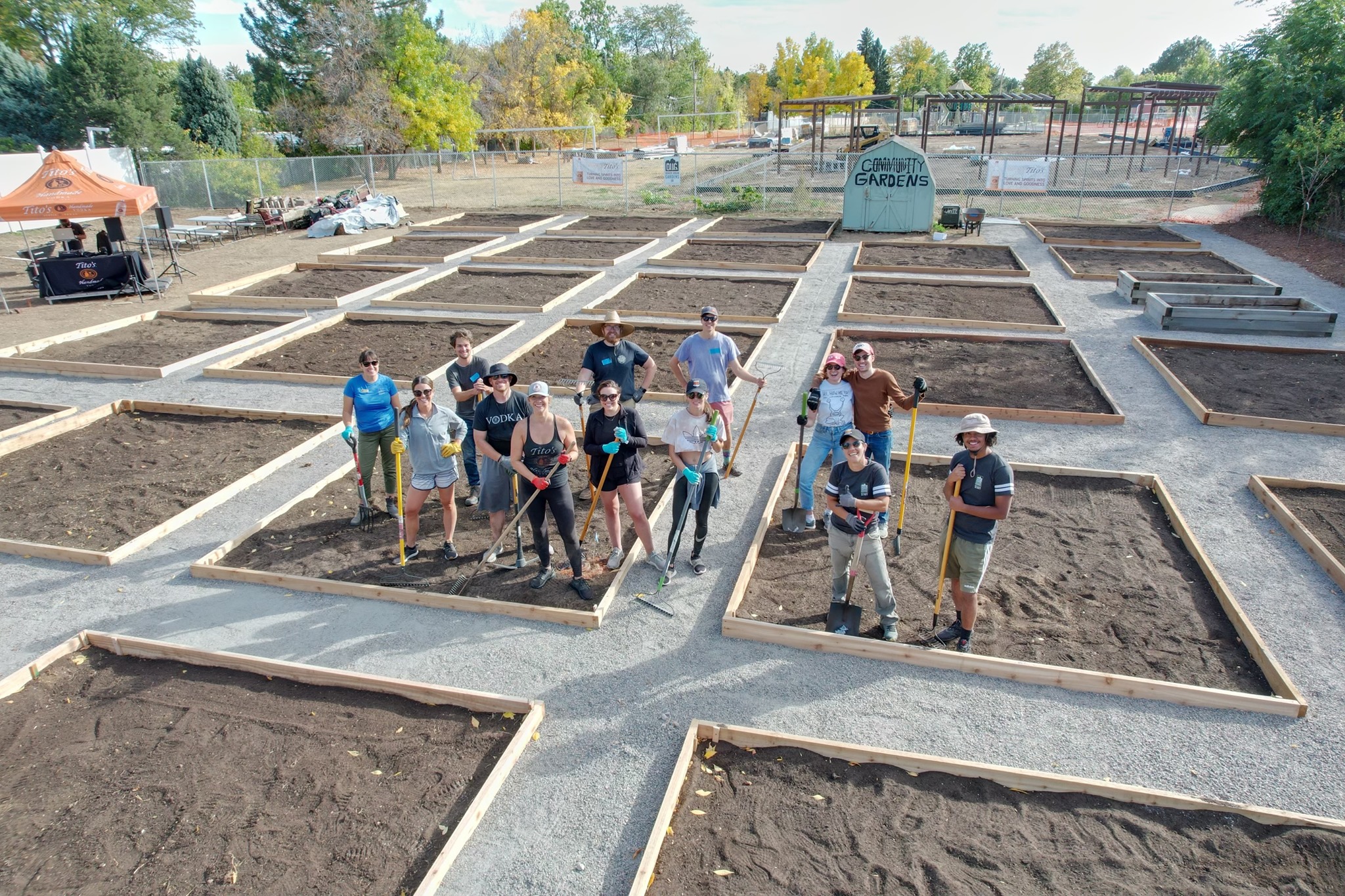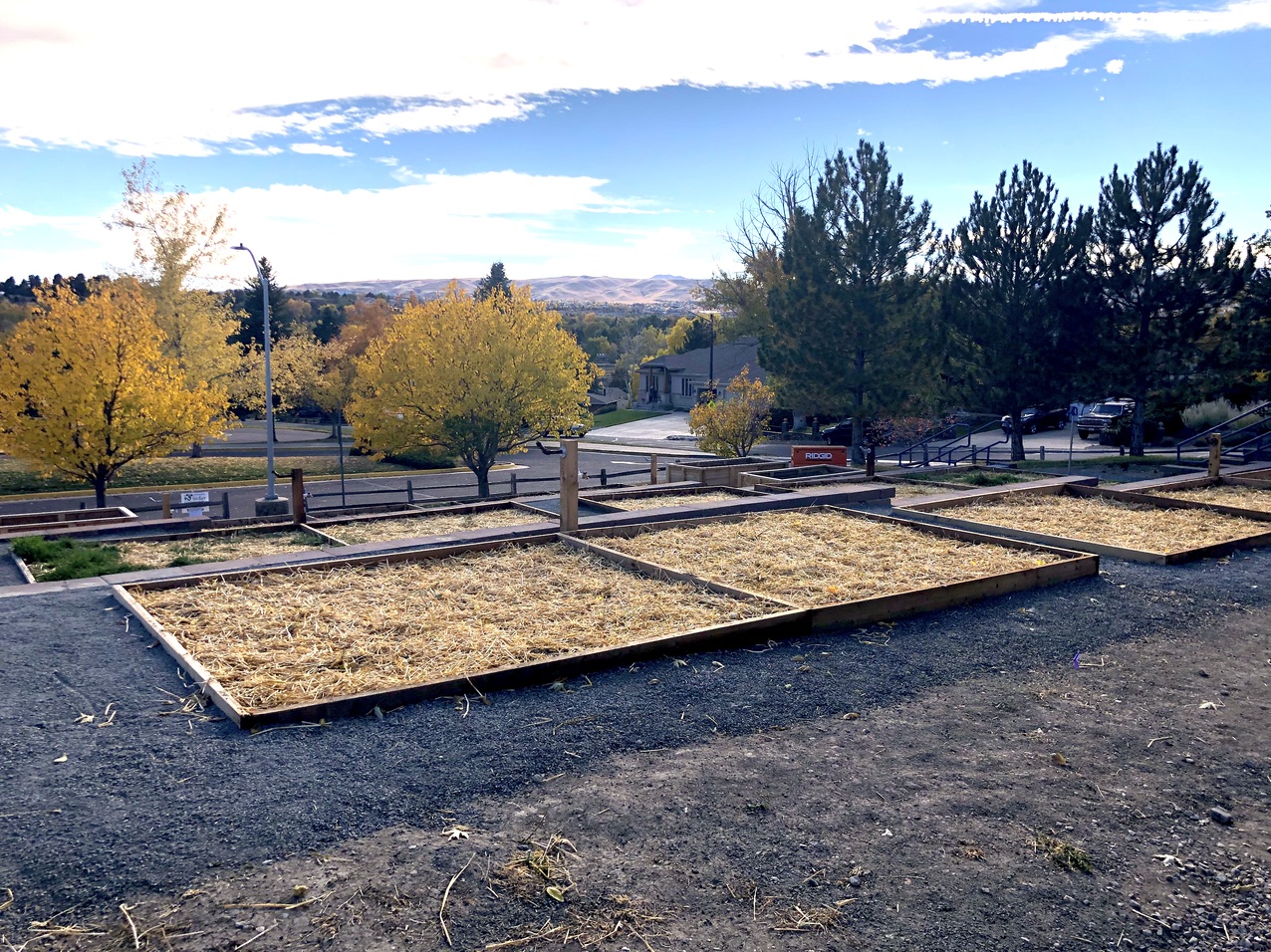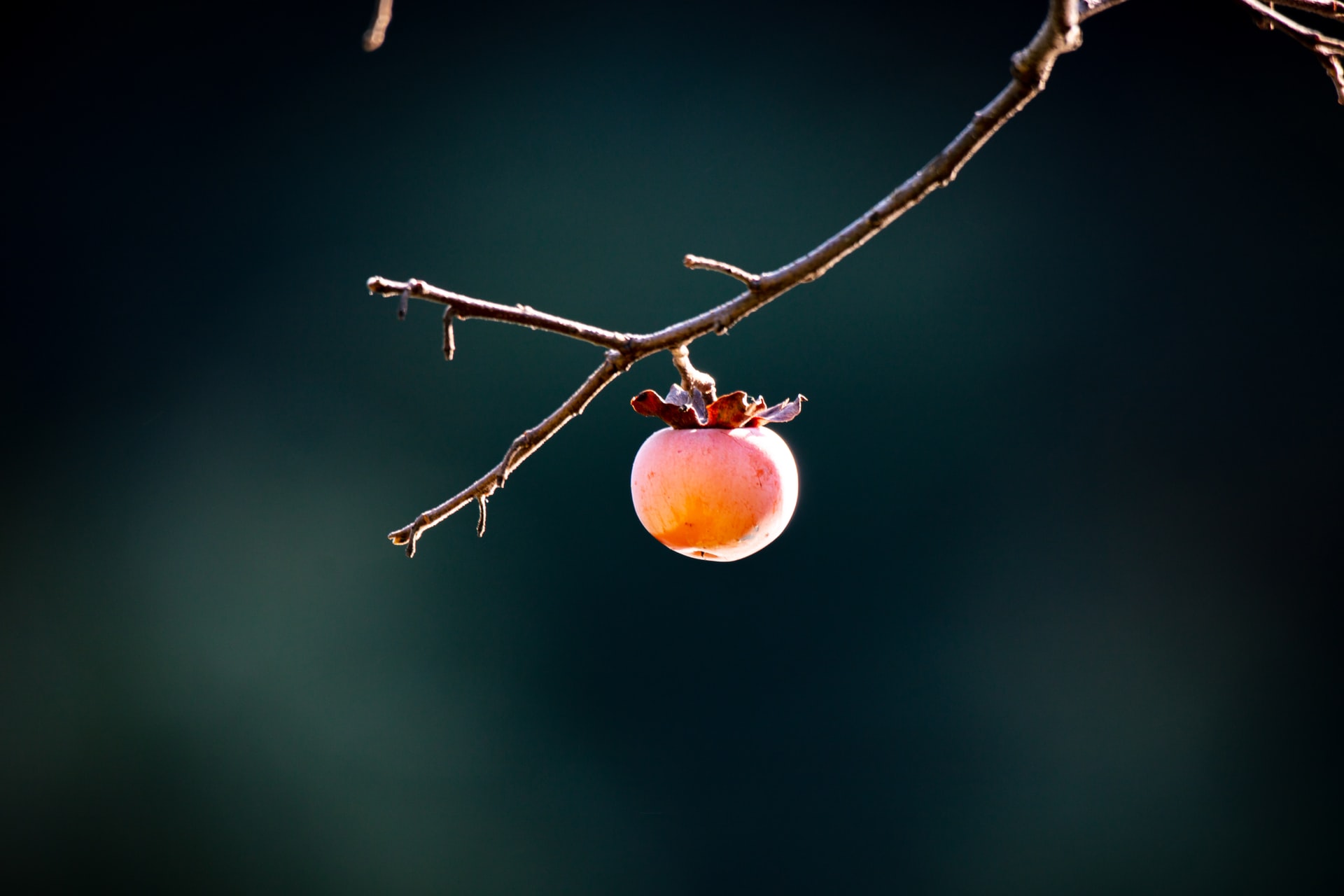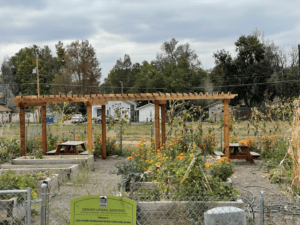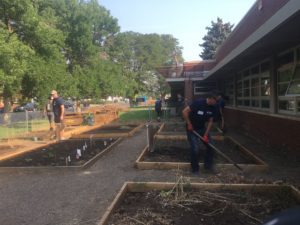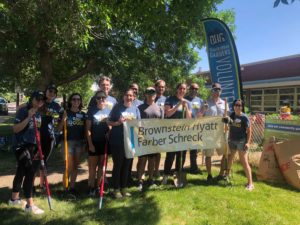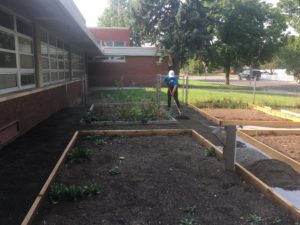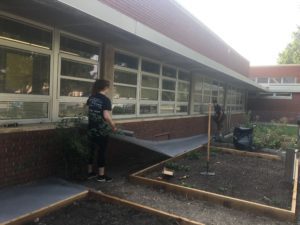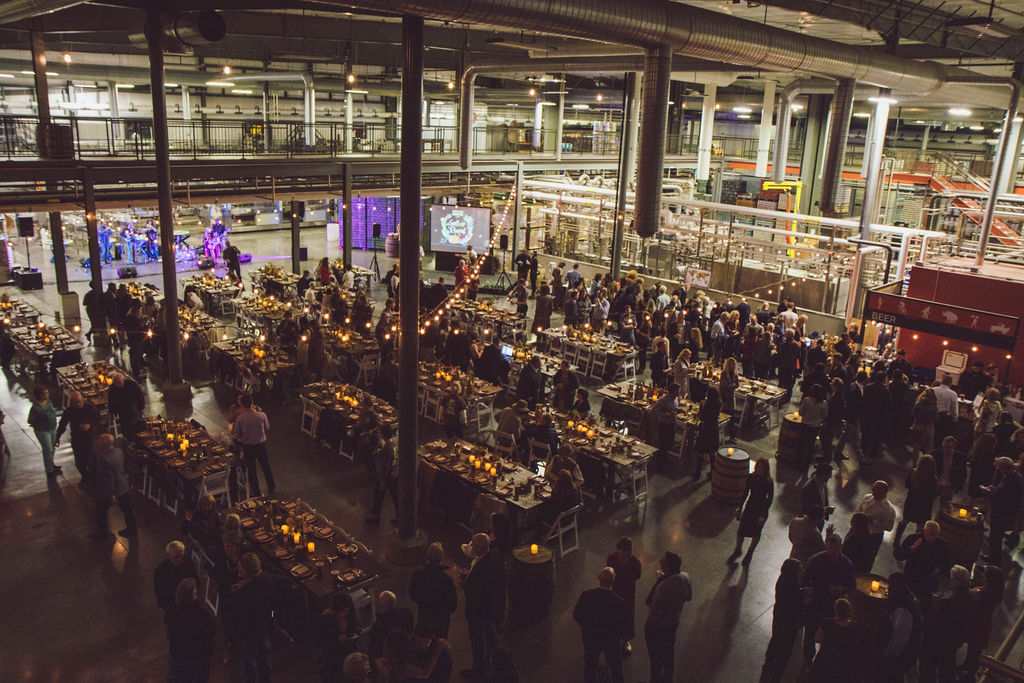
When the pandemic first hit in April of 2020, DUG responded to the immediate need for people to access nutritious food with new To-Grow Boxes, garden kits that made it easy for families to start growing their own organic food at home.
Over the last two years, we’ve distributed more than 1,100 To Grow Boxes along with more than 20,000 seedlings +50,000 seedlings in our longstanding food access program, Grow a Garden (which has been going strong since 1997!). During that time, we asked program participants to share more about their needs and what they like about the programs.
This year, we’re excited to share that we are combining the most successful elements of each program to bring a new and improved Grow a Garden program.
This year, participants can select from 5 different
Grow A Garden Kits.
In order to continue to serve the largest number of community members who rely on this vital program to access fresh and unprocessed food, we are streamlining the order by offering participants five different kit options that contain seeds and seedlings of veggies, herbs, and flowers that work well together.
Salsa Garden Kit
Pizza Garden Kit
Epic Salad Garden Kit
Fried + Fermented Garden Kit
Thai Garden Kit
Applications will open Feb 1st and stay open until we are sold out of kits.
Historically we’ve opened applications for the Grow a Garden program in January of each year. In 2022, the application will go live on February 1st and will accept applications for both groups and individuals on a rolling basis until all Grow A Garden Kits have been claimed.
By extending the program launch and deadline, we’re able to ensure further outreach to communities to ensure folks know about the availability of this program.
We’re ensuring consistent seed quality.
All of the seeds for our 2022 program are coming from Botanical Interests seed company (out of Broomfield, CO!) rather than relying on a variety of seed donations as in previous seasons. This helps us ensure that all participants know what they’re expecting and we are able to maximize the consistency and quality of our seeds.
We’ve streamlined the distribution window.
Instead of having distribution spaced out over two months between March for seeds and May for seedlings, we’re combining order distribution into one week to ensure all pickups happen in mid-May.
We’re expanding education + support offerings.
We know that just equipping folks with seeds and seedlings isn’t enough to ensure a successful bounty. That’s why we’re including our Plant Care Growing Guide with every kit, which offers custom plot planting layouts and expert advice to help you grow your skills as you grow your garden.
We’re also continuing to expand DUG Online, our virtual community forum where you can meet other gardeners, ask questions, get advice from our gardening pros, and come together in community around the love of growing!
We also hope you will join us for the inaugural Great Day of Planting – a city-wide day of planting on May 14th!
Join with thousands of gardeners–backyards to rooftops to community gardens– and get your garden started!
We’re bringing the idea of ‘gardening in community’ to life with the goal of getting 10,000 people to pledge to grow a garden this year! After a morning spent at work planting, gardeners are invited to meet up for an amazing afternoon of family-friendly connection with fellow neighborhood gardeners!
Lot’s more details to come, but mark your calendars now!
